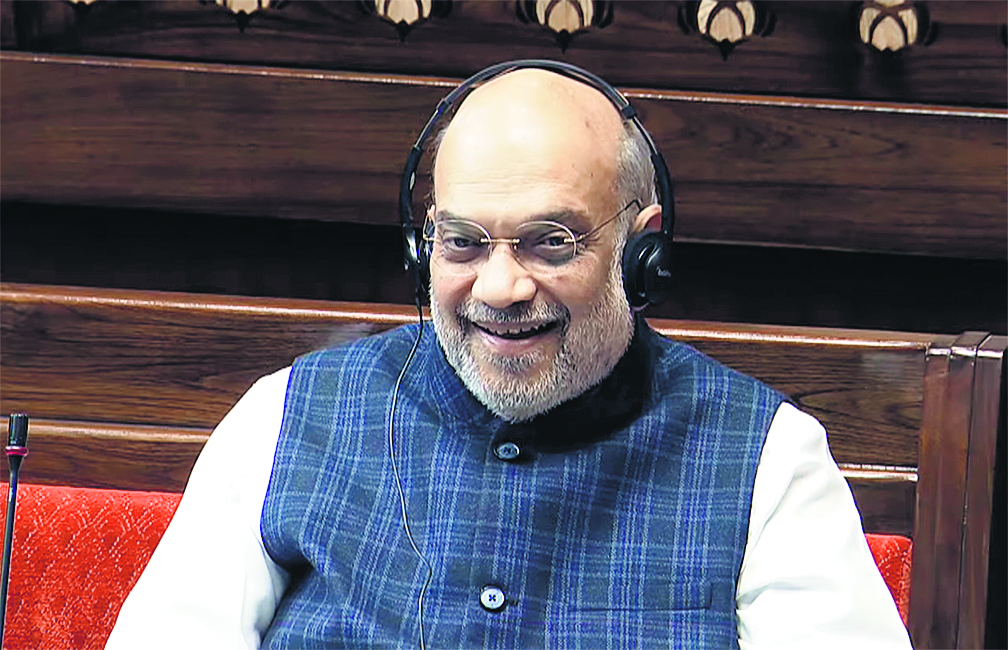The Union Cabinet has given the go-ahead to Home Minister Amit Shah to introduce bills amending criminal laws, replacing outdated pre-colonial statutes, according to insiders.
Prime Minister Narendra Modi and his office, however, have opposed two suggestions from the Parliamentary Standing Committee of Home Affairs, deeming them conflicting with Supreme Court judgments and having far-reaching consequences. These recommendations concern the offences of adultery and the criminalisation of homosexual sex.
The committee suggested retaining the offence of adultery in the Bharatiya Nyaya Sanhita Bill, 2023. Nonetheless, the Supreme Court had previously struck down this offence in 2018, citing discrimination against women and perpetuation of gender stereotypes.
Another committee recommendation was to penalise non-consensual acts under Section 377 of the Indian Penal Code (IPC). Despite the Supreme Court’s previous ruling against criminalizing consensual homosexual sex between adults, the committee urged the provision’s retention in the new bill, arguing the absence of provisions for non-consensual sexual offences against males, females, transgender individuals, and bestiality.
The Prime Minister, PMO, and the cabinet have concurred in rejecting this recommendation, resulting in the removal of the Supreme Court judgement on Section 377 of the IPC. Regarding the offence of adultery, the Supreme Court had criticised it for treating a wife as the husband’s property, neglecting the woman’s autonomy. Conversely, the parliamentary committee believes that the institution of marriage is sacred and needs protection in Indian society, advocating for a gender-neutral approach. The PMO, Prime Minister, and the cabinet have aligned with the decision not to accept this recommendation. To modernise definitions, there have been adjustments to organised crime and terrorism in line with the 21st century.

















